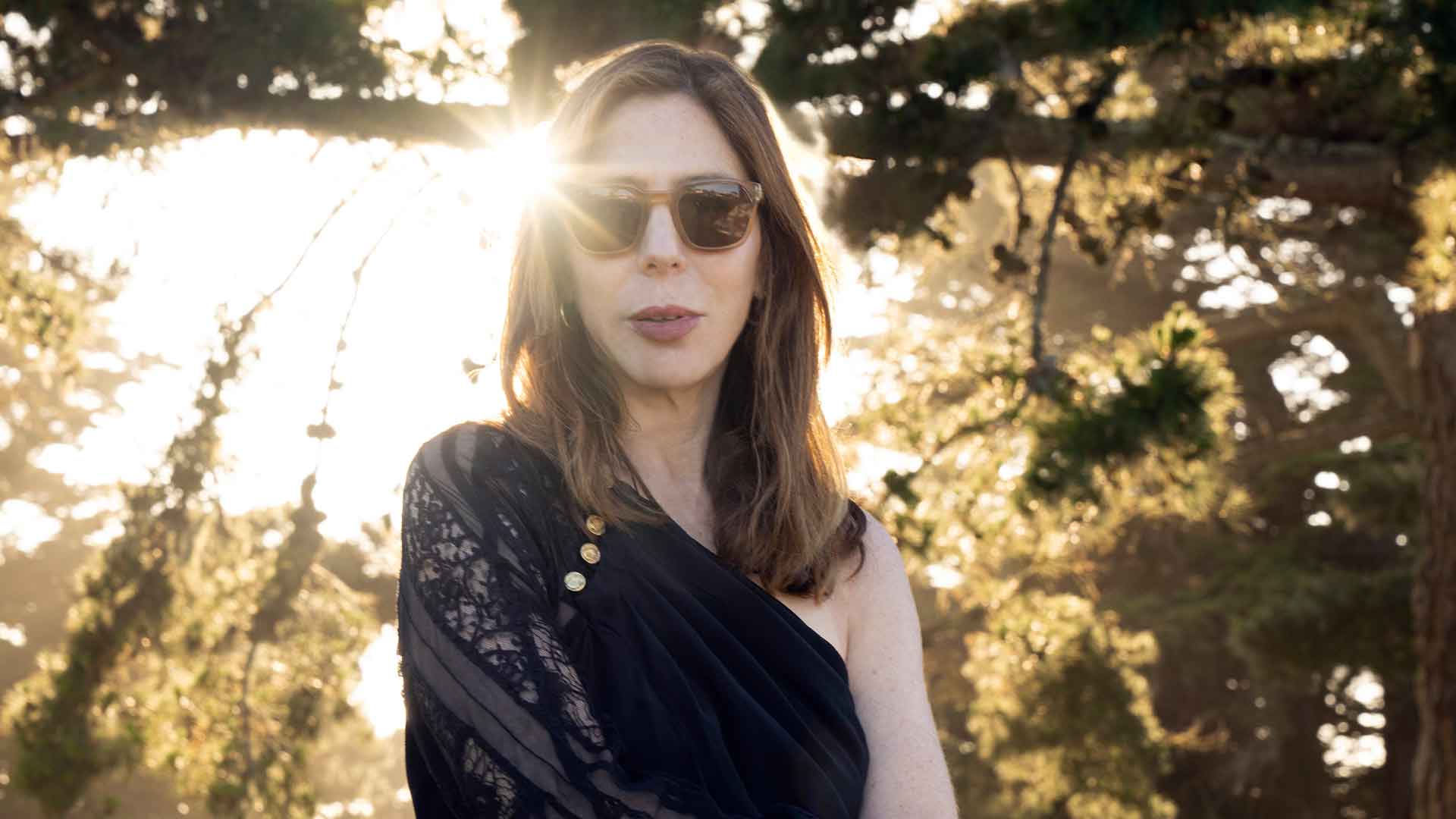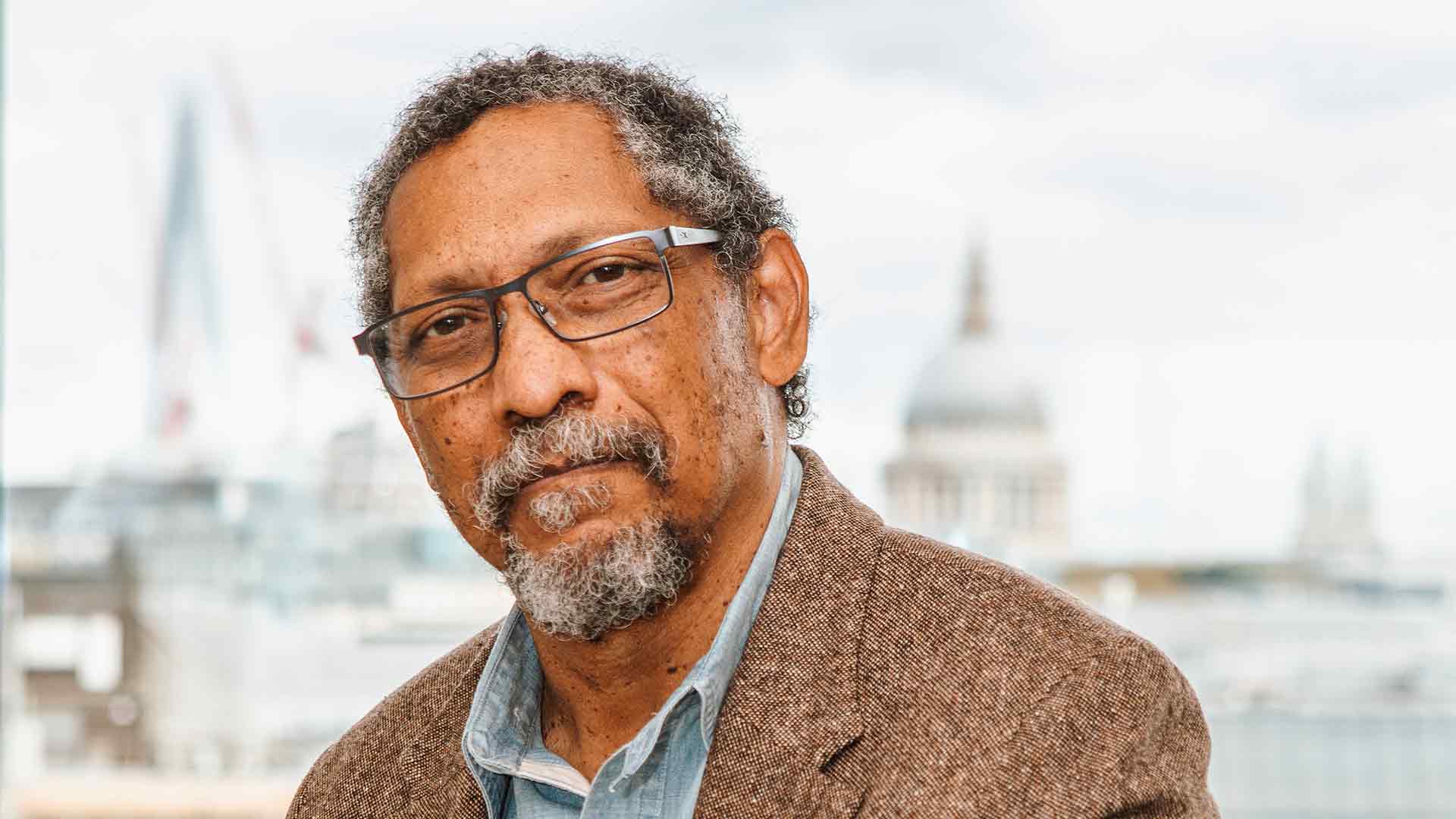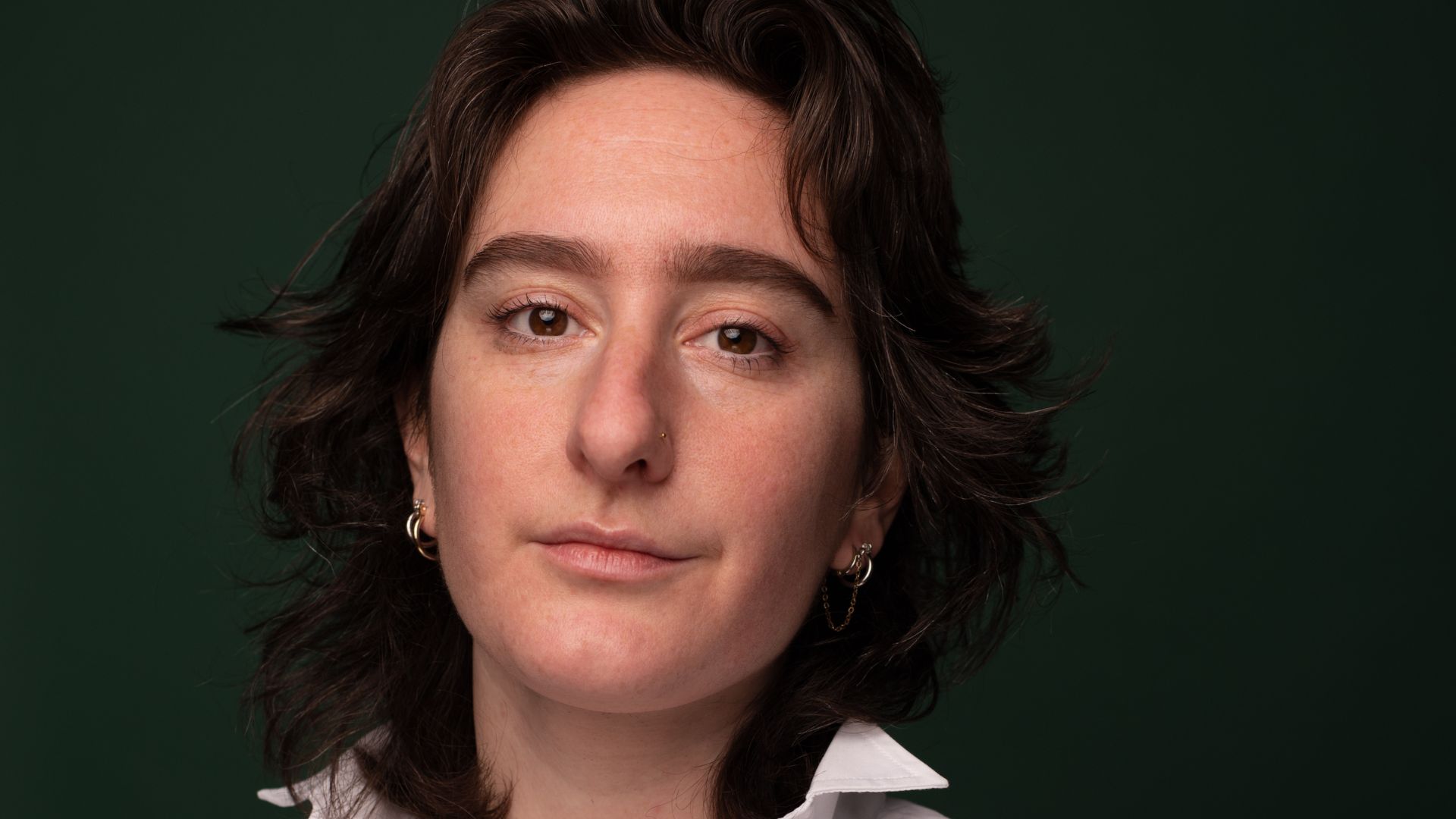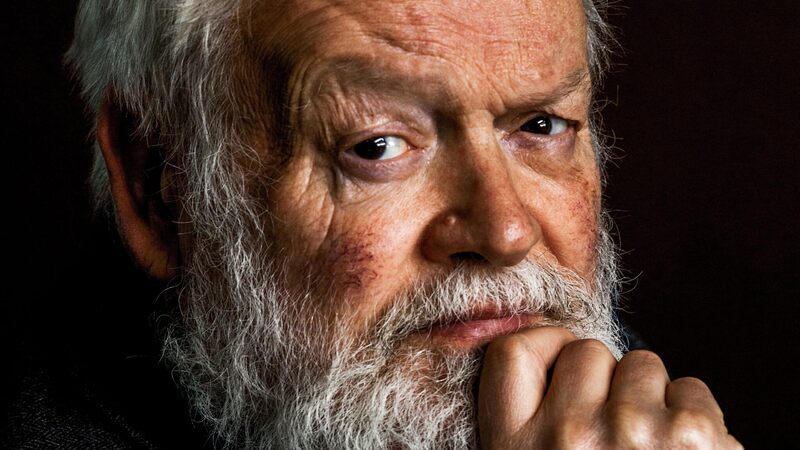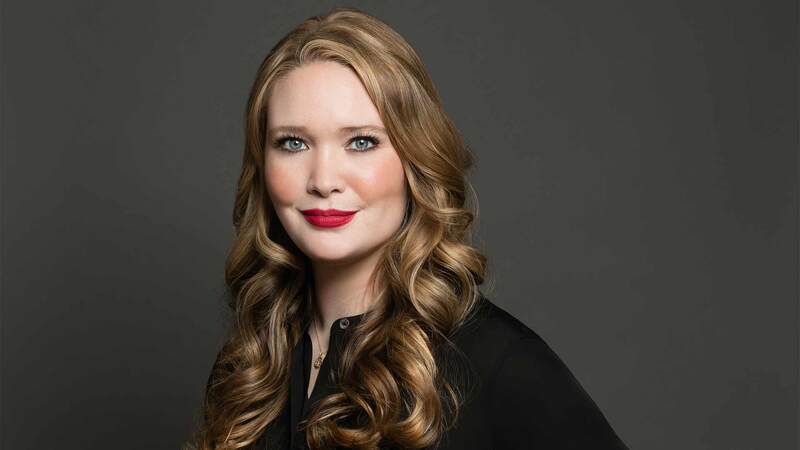You are viewing your 1 free article this month. Login to read more articles.
Booker Prize shortlist announced with highest ever number of female authors
This year’s Booker Prize shortlist features the highest number of women in its 55-year history, with five women—Samantha Harvey, Rachel Kushner, Anne Michaels, Yael van der Wouden and Charlotte Wood—dominating the six-strong shortlist.
Percival Everett is the only man on the shortlist, securing the first ever nomination for Pan Macmillan’s imprint Mantle, as Jonathan Cape secures two finalists five years since it was last in contention for the £50,000 prize.
On Monday evening (16th September), the shortlist for the Booker Prize 2024 was announced by this year’s judging panel at an event held at Somerset House’s Portico Rooms in London. The event was live-streamed globally.
Two American authors are nominated: Everett has been shortlisted for his retelling of Huckleberry Finn, James (Mantle) and Kushner for Creation Lake (Jonathan Cape). British author Harvey is nominated for Orbital (Jonathan Cape) alongside Canadian writer Michaels for Held (Bloomsbury Publishing), who is joined by Dutch author Van der Wouden’s The Safekeep (Viking) and Australian novelist Wood’s Stone Yard Devotional (Sceptre).
The shortlist features the highest number of women in the Booker Prize’s 55-year history, with authors from five countries including Van der Wouden as the first Dutch writer to be shortlisted and the only debut author on the list. Two authors, Everett and Kushner, have been previously shortlisted for the award, which is the world’s most significant for a work of fiction written in English by authors from anywhere in the world and published in the UK and Ireland.
Artist and author Edmund de Waal chaired this year’s panel and was joined by novelist Sara Collins; fiction editor of the Guardian, Justine Jordan, writer and professor Yiyun Li and musician and producer Nitin Sawhney.
At the press conference on Monday morning (16th September), the panel discussed the dominance of female writers compared to last year, which featured four male writers—including three named Paul.
“It was a genuinely surprising and thrilling moment, especially off the back of a year of three ’Pauls’. It’s time for the ‘Paulettes’ and ‘Paulinas’,” Collins said. “It’s funny because my impression as a writer is that publishing is dominated at certain levels by women but the literary recognition does still seem to be reserved for men.
“It’s really lovely to be involved in a year where the depth and breadth and scale of books written by women is recognised, and also the literary merit. These are real heavyweight writers.” Collins cited Samantha Harvey, Anne Micheals and Charlotte Wood as “undersung” in terms of mass market success.
When questioned about the dominance of the bigger publishers on the list, with Bloomsbury the only independent, De Waal said: “It’s interesting that such experimental and tremendous books are being published by mainstream publishers.”
On the inclusion of American authors, 10 years after the controversial eligibility widening, the judges emphasised there was no “dominance” of US writers and no plans to revert to the original rules.
“Since 2014 only two of the winners have been American, so it’s interesting that although the rule has changed it’s not impacted as much as you might think,” Sawhney said. “We wouldn’t have had an indigenous writer, like Tommy Orange, a Native American indigenous writer, and I do think supporting indigenous writers is importance."
Gaby Wood, chief executive of the Booker Prize Foundation, told journalists the prize is “the Olympics, not the Commonwealth Games”. She added: “We don’t consider it to be a domination [of Americans]. 24 out of 66 shortlistees and two winners since 2010... We welcome the conversation and it is, ongoing but there are no plans to change it because the rules weren’t clear as they were.”
She explained that the rules had gradually changed before 2010 to include countries such as Zimbabwe and Ireland that were no longer part of the Commonwealth and so had become unclear. “If the rules had been clearer, we might have changed it [back]... But to return to something which had these incremental additions makes no sense. It would be illogical. The other thing is in the past eight years I’ve been here is the judges really enjoy being able to scan the whole horizon in English.”
Across the shortlist overall, Harvey’s International Space Station-set Orbital is the bestselling title so far, selling 16,771 copies according to Nielsen BookScan. It could become one of the shortest ever winners at only 144 pages. “It blurs the distinctions between borders, time zones and our own individual stories, provides a vantage point we haven’t encountered in fiction before and is infused with such awe and reverence that it reads like a love letter, an act of worship,” judges said.
Overall, the judges said the shortlist helps transport readers around the world “and beyond the Earth’s atmosphere”. De Waal said: “Here is storytelling in which people confront the world in all its instability and complexity. The fault lines of our times are here. Borders and time zones and generations are crossed and explored, conflicts of identity, race and sexuality are brought into renewed focus through memorable voices.”
Everett’s retelling of The Adventures of Huckleberry Fin, titled James, is set in America’s Deep South in the 19th century, the second bestselling on the shortlist shifting 15,306 copies since publication in April this year, according to Nielsen BookScan. “This is a book that subverts all expectations, as well as further establishing its author as a masterful storyteller,” judges said. “Its universal themes of identity, freedom and justice will resonate with contemporary readers, despite the book presenting initially as the retelling of a classic novel.”
On Michaels’ Held, which starts with the First World War, the judges said: “There are very few books that can achieve a pitch of poetic intensity sustained across a whole novel. Starting with a wounded soldier on a French battlefield, this lyrical kaleidoscope of a novel is created from the scattered images and memories of four generations of a family.”
Meanwhile, Stone Yard Devotional is based in rural Australia and partly inspired by Wood’s own childhood. The author wrote it during the pandemic following a serious illness. The panel called it “a fierce and philosophical interrogation of history, memory, nature, and human existence”. It added: “It is set in a claustrophobic environment and reveals the vastness of the human mind: the juxtaposition is so artfully done that a reader feels trusted by the author to be an intellectual partner.”
Judges praised the “compelling and atmospheric story of obsession and secrets” of The Safekeep, inspired by Van der Wouden’s train journey back from a funeral and set amongst a remote Dutch house in the 1960s. “A quietly devastating queer love story which reveals itself to be a story of the Holocaust, it shows how alternate truths are held in fissile connection, something that is relevant to today’s world,” the panel said.
Commentators praised the judges’ choices. Bea Carvalho, Waterstones head of books, said: “This year’s Booker Prize longlist was especially cohesive and commercial and has been accordingly well received in bookshops. It is great to see the list distilled into an equally strong shortlist of six exemplary novels which will be a joy to champion for the next eight weeks and beyond.
“Our current bestseller is previous Waterstones Book of the Month author Samantha Harvey’s Orbital: it is a totally exquisite wonder of a novel and we are delighted to see it recognised here. James has been one of the literary highlights of the year, and we are so pleased to see Percival Everett’s star continue to rise with this very well-deserved shortlisting.”
The Bookseller’s books editor Alice O’Keeffe said: “What an excellent shortlist it is this year. I’m particularly pleased to note that The Bookseller picked out two of the now-shortlisted novels and interviewed the authors well before publication: Rachel Kushner on Creation Lake, and Yael van der Wouden, who was selected as one of our Debuts of 2024.
“Percival Everett’s James was something of a dead cert for the shortlist and is surely hotly tipped for the win. And, as a long-term admirer of Samantha Harvey, one of our most original and ambitious writers, I’m thrilled that she’s finally getting the big-prize shortlist recognition she has long deserved. The judges have a difficult decision ahead.”
The judges chose the final six novels from 13 longlisted titles—the Booker Dozen—which were selected from 156 books published between 1st October 2023 and 30th September 2024 and submitted to the prize by publishers. Each of the shortlisted authors receives £2,500 and a bespoke bound edition of their book.
The winner’s ceremony will take place on the evening on 12th November at Old Billingsgate in London, broadcast in a special edition of BBC Radio 4’s “Front Row” at 9.30pm and livestreamed across the world. The winner will receive £50,000 and a trophy named Iris (after winner Iris Murdoch).
Last year’s prize went to Paul Lynch for Prophet Song (Oneworld).





